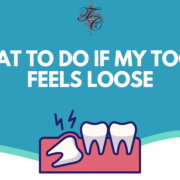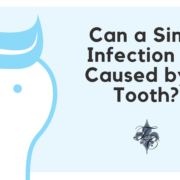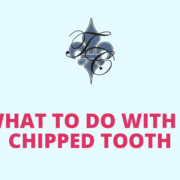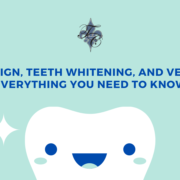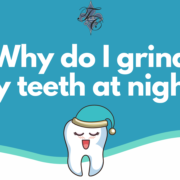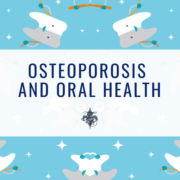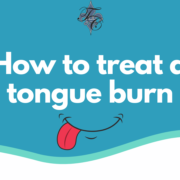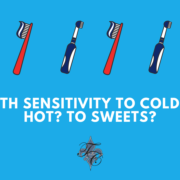What’s that metallic taste in your mouth?
Have you ever had a strange taste in your mouth for no reason? Maybe a metallic or coppery flavor that just comes and goes? If you have, then you may have experienced something called parageusia. It’s a taste disorder that makes it seem like you’ve been sucking on a penny. It’s fairly common and has a wide variety of causes. They can range from harmless to very serious.
In this blog, our Louisiana dental team from Tim Chauvin D.D.S. & Associates will explain what parageusia is and what to do if you think you’re experiencing it.
What is Parageusia?
Parageusia, often referred to as a taste disorder or dysgeusia, is a condition where a person experiences a distorted or altered sense of taste. Most commonly, individuals describe a persistent metallic or bitter taste, even in the absence of any food or drink. This phantom flavor can significantly impact a person’s quality of life, affecting their enjoyment of meals and potentially leading to decreased appetite.
While parageusia itself is not typically a serious health concern, it can be a symptom of underlying medical conditions or a side effect of certain medications. Identifying the root cause of parageusia is essential for effective management and treatment.
What can cause parageusia?
In rare cases, parageusia can be a sign of Alzheimer’s or Parkinson’s disease. Generally, the metallic taste in your mouth can be linked to a number of other factors, including:
- Pregnancy
- Sinus issues caused by:
- Allergies
- A cold
- Sinus infections
- Upper respiratory infections
- Your sense of taste and smell are very closely linked, so when you can no longer smell properly, you may experience odd tastes.
- Middle ear surgery
- Certain prescription medications
- Such as antibiotics (clarithromycin/Biaxin or metronidazole/Flagyl or tetracycline), blood pressure medication (captopril/Capoten), glaucoma medication (methazolamide/Neptazane), gout medication (allopurinol), or osteoporosis medication
- Food allergies
- Central nervous system (CNS) disorders like:
- Stroke
- Bell’s palsy
- Chemotherapy and radiation
- Over-the-counter vitamins or medicines
- These often contain heavy metals like copper, zinc, or chromium, and can affect your sense of taste. As your body processes the vitamins, the taste should dissipate. Just double check to make sure you’re taking the correct dosage!
- Poor oral health
- Not brushing and flossing correctly opens the door to problems like gingivitis, periodontitis, and other tooth infections. These can all produce a metallic taste.
- Chemical exposure
- Inhaling certain chemicals (especially mercury or lead) in large quantities can cause a metallic taste.
The good news is, if you’re healthy, then whatever is causing you to have that metallic tang is usually benign.
How do I get rid of the metallic taste?
Most of the time, once the underlying cause is taken care of, the metallic taste will go away. It may do so on it’s own, and be little more than a random occasional nuisance. If it doesn’t, you will want to see a doctor to rule out more serious problems, as it can also be indicative of undiagnosed diabetes, liver, or kidney disease. Parageusia isn’t usually the only symptom of these diseases, so if you aren’t having any other symptoms, they probably aren’t the culprit.
Don’t Let a Metallic Taste Linger – Contact Dr. Chauvin Today!
If you’re experiencing a persistent metallic taste in your mouth, don’t ignore it. While it may be a harmless temporary issue, it could also signal an underlying health concern. At our Lafayette, LA dental practice, Dr. Tim Chauvin and his team are dedicated to helping you achieve optimal oral health. Schedule an appointment today to rule out any dental causes of your parageusia and discuss ways to improve your overall oral well-being. We’ll work with you to identify the cause and find the best solution to get your taste buds back on track.
Remember, a healthy smile starts with a healthy mouth. Contact us today!

